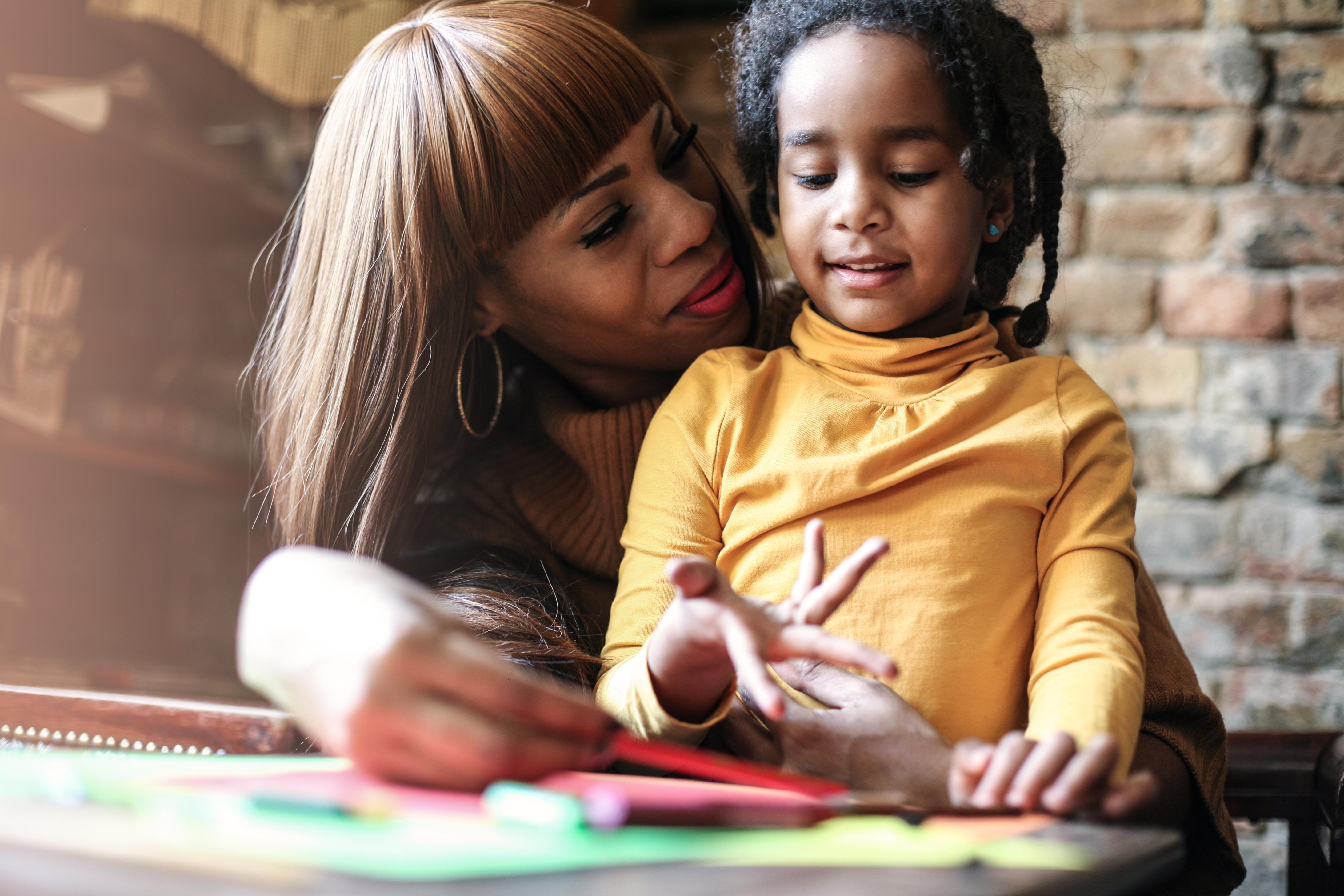The spread of the coronavirus has sent nearly 300 million children across the globe home from school, according to a UNESCO report — and that number will likely continue to rise. While kids are at home — without their teachers to lead discussions about what’s happening worldwide — parents have an increased responsibility to educate their children on what’s going on, help them manage the associated stress, and build resilience.
Naturally, there’s a learning curve. Over 64% of people feel that the coronavirus outbreak has been difficult to explain and challenging to discuss with their children, according to a Thrive Global survey of 5,000 respondents to identify coronavirus pain points. Still, it’s essential that we’re open and honest with kids about the challenges we face — especially since they’re wonderfully perceptive, and can sense fear and stress more than we think.
“Most children have heard about the virus, or they’ve seen people wearing masks, so they know something’s up,” Jamie Howard, Ph.D., a child psychologist specializing in trauma resilience, told The Child Mind Institute. “Not talking about the coronavirus can actually be worse, because kids can worry more if they think you’re avoiding talking to them.” In addition to having proactive, informative conversations, it’s fundamental that parents maintain a semblance of a routine for their child. “Staying rooted in routines and predictability is helpful right now,” Janine Domingues, Ph.D., a child psychologist at The Child Mind Institute explains. “Structured days with regular mealtimes and bedtimes are an essential part of keeping kids happy and healthy.”
If you are looking to create a healthy dialogue with your child in response to the coronavirus crisis, and build their resilience in the process, try these science-backed Microsteps, which will help you engage with your kids in a way that makes them — and you — feel more confident and safe, and less worried and stressed.
Ask your child what they’re hearing about the virus.
Before introducing information that might be new or scary to your child, ask questions like, “Are your friends talking about a virus?”. This will help you get a sense of what they’ve heard already — including any misinformation you can correct.
Check in with your child each day.
Frequent, regular communication — as opposed to a one-time Big Talk — will establish you as a source of trust and authority at a potentially confusing time.
Each day, reassure your child that they are not in danger.
Let them know, “You are safe.”
Praise your child for not touching their face.
You can say, “Great job keeping your hands away from your face and keeping yourself healthy,” which is more effective than trying to stop them from doing it.
Every night, make a schedule for the next day.
Every family member can share what is going on in their day, and your children can add in activities like watering the plants, art projects, and reading, as well as their meals and snack breaks. This replicates the structure they’re used to at school and helps you plan ahead at the same time.
Follow us here and subscribe here for all the latest news on how you can keep Thriving.
Stay up to date or catch-up on all our podcasts with Arianna Huffington here.


